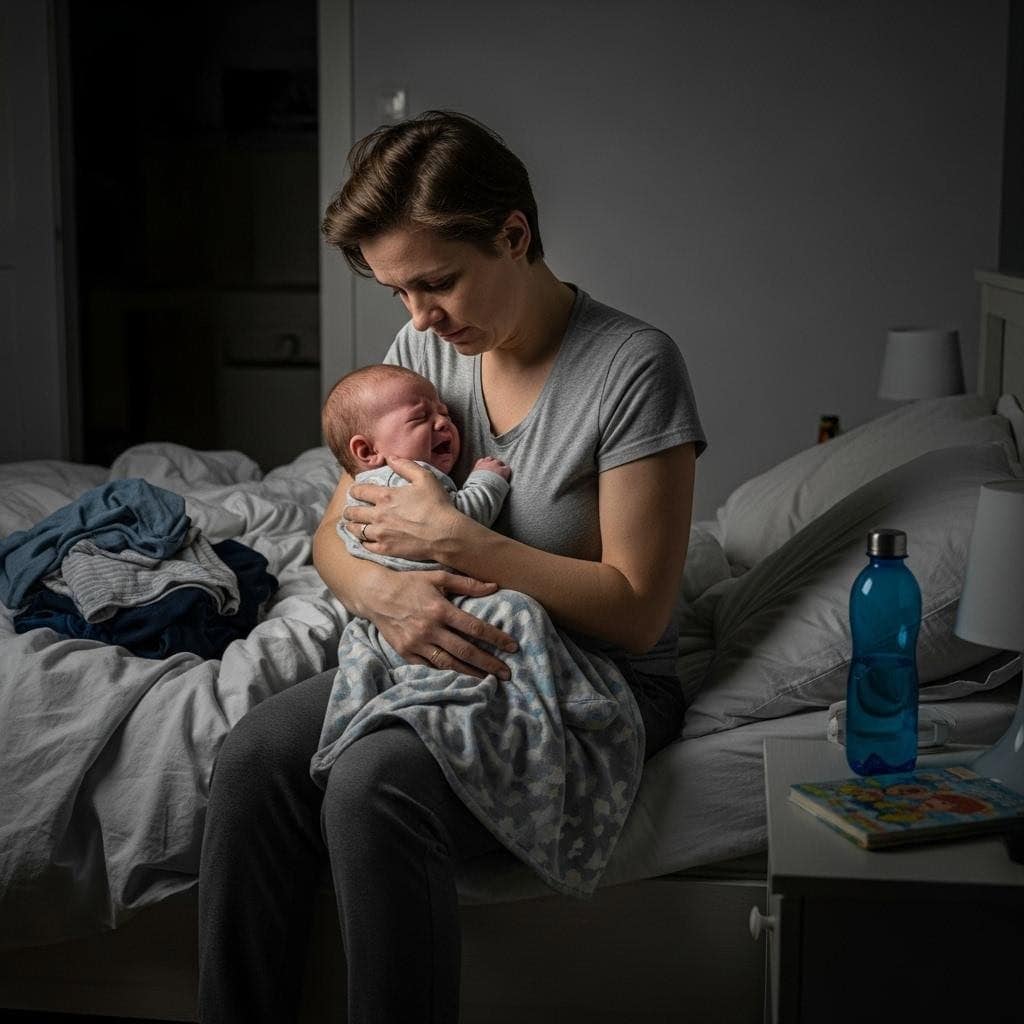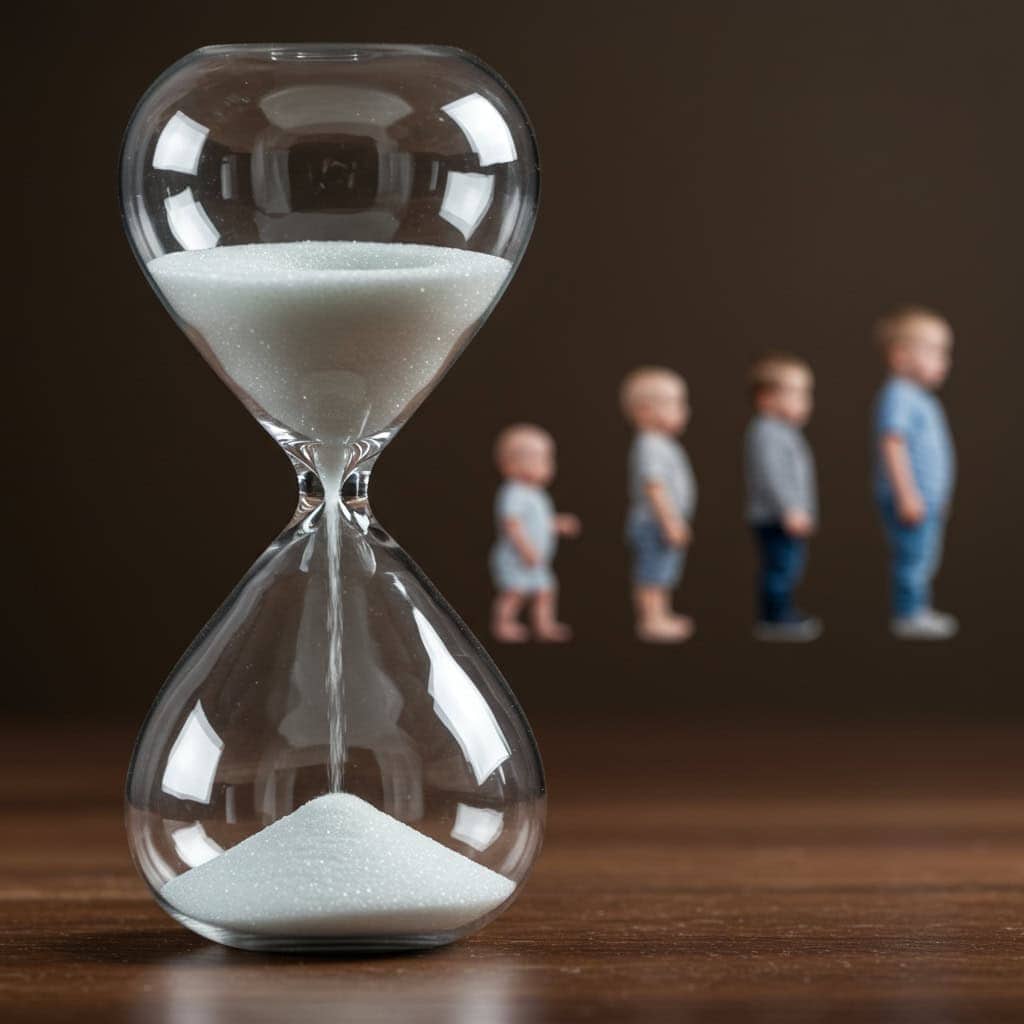What If You Don’t Love the Baby Stage and That’s Okay?
The baby stage is frequently depicted as a magical time filled with instant bonding and pure happiness, but reality can feel quite different for many parents. The pressure to cherish every moment can be overwhelming, especially when your experience includes exhaustion, uncertainty, or even detachment. It’s important to recognize that mixed emotions are common, and you are not alone.
1. Challenging Expectations Versus Reality

Society and media frequently paint the newborn stage as a blissful period, yet many parents experience exhaustion, confusion, and overwhelm instead. This disconnect between expectation and reality can cause unnecessary guilt and self-doubt. Recognizing that it’s normal for these feelings to coexist with love for your child can be freeing and empowering.
2. The Myth of Instant Bonding

Not all parents experience an immediate surge of love or connection with their newborn, despite popular belief. Feeling anxious if that ‘instant bond’ isn’t present is normal, but it’s important to know that attachment can grow gradually. Research and experts agree that bonding happens at different rates for everyone, and there’s no single “right” timeline.
3. Sleep Deprivation’s Impact

Chronic lack of sleep can take a serious toll on mood, patience, and overall health, making it challenging to find joy during the baby stage. Sleep deprivation is a significant factor in postpartum stress and can intensify feelings of frustration or negativity. Understanding how crucial rest is for both parent and baby may help ease self-blame.
4. Shifting Identity and Loss of Independence

Welcoming a newborn often requires putting personal time, hobbies, and career goals on hold, at least temporarily. This shift can lead to a sense of lost independence, which is a natural part of adapting to parenthood. Experiencing these feelings does not mean you love your child any less; rather, it reflects the magnitude of change new parents face. Recognizing and discussing these emotions can help normalize the experience.
5. Social Media and Comparison Trap

Scrolling through social media often exposes us to perfectly curated images of joyful parents and serene babies, setting unrealistic expectations for what early parenthood should look like. This constant comparison can amplify feelings of inadequacy and self-doubt. It’s essential to remember that most people only share their highlights, not the daily struggles.
6. Emotional Highs and Lows Are Normal

The early months of parenting often bring a whirlwind of emotions, ranging from pure joy to moments of frustration and self-doubt. Feeling conflicted, overwhelmed, or even resentful at times is a completely normal response to such a major life transition. Acknowledging these feelings instead of suppressing them is key to emotional well-being.
7. Not Loving Every Moment Doesn’t Mean You’re a Bad Parent

Parental love is multifaceted and isn’t defined by enjoying every single stage of your child’s development. It’s entirely possible to dislike the baby phase and still be a devoted, attentive parent. What truly matters is consistently caring for and meeting your baby’s needs, not whether you find every moment joyful.
8. Finding Support and Solidarity

Reaching out to friends, family, or parenting groups can be invaluable in normalizing your experiences and emotions. Connecting with others who are navigating similar challenges helps reduce feelings of isolation and offers reassurance that you’re not alone. Sharing stories and advice can make the journey feel more manageable and less overwhelming.
9. Every Parent’s Journey Is Unique

Parenthood is a deeply individual experience, and there’s no single “right” way to feel about each phase. While some parents cherish the baby stage, others may only find joy as their child grows older. Letting go of comparisons and embracing your own path fosters greater self-acceptance and confidence.
10. The Baby Stage Is Temporary

It’s important to remember that the baby stage, while intense and challenging, is only a brief chapter in your parenting journey. As children grow and become more interactive, many parents discover new joys and deeper connections. Focusing on the future and knowing that this phase will pass can offer comfort and hope during difficult moments.
Conclusion

It’s perfectly acceptable if the baby stage isn’t your favorite part of parenthood. Each parent’s journey is unique, and feeling a range of emotions is entirely normal. Practicing self-compassion, seeking out support, and allowing yourself to embrace each new stage can make the experience less isolating. Remember, loving your child isn’t measured by loving every moment. Parenthood is a constantly evolving journey, and all feelings are valid.
.article-content-img img { width: 100% }




